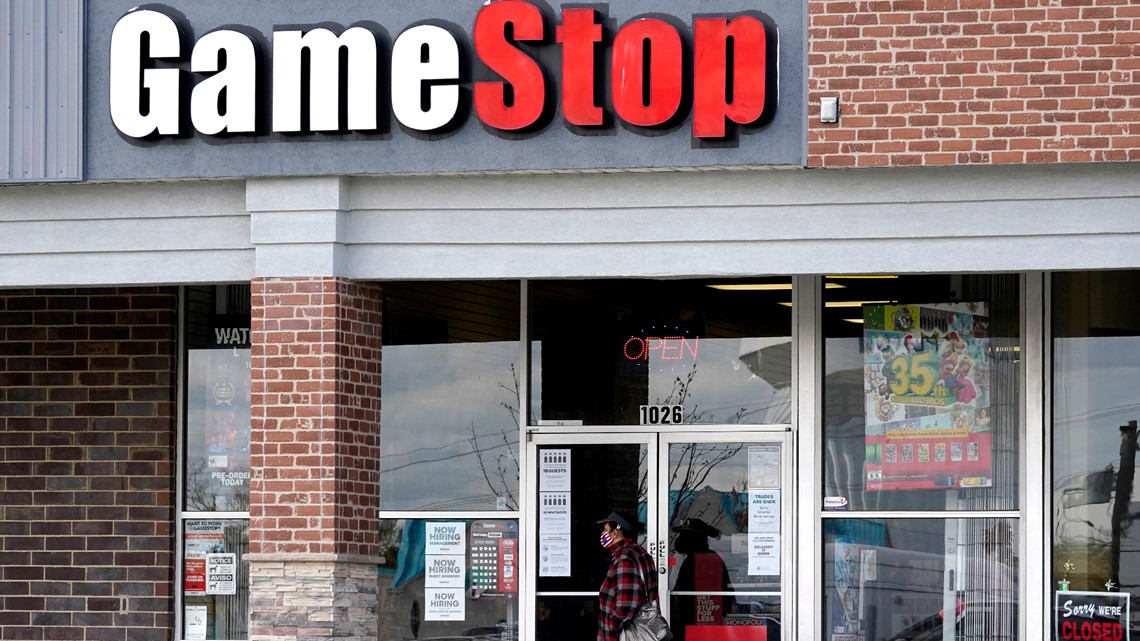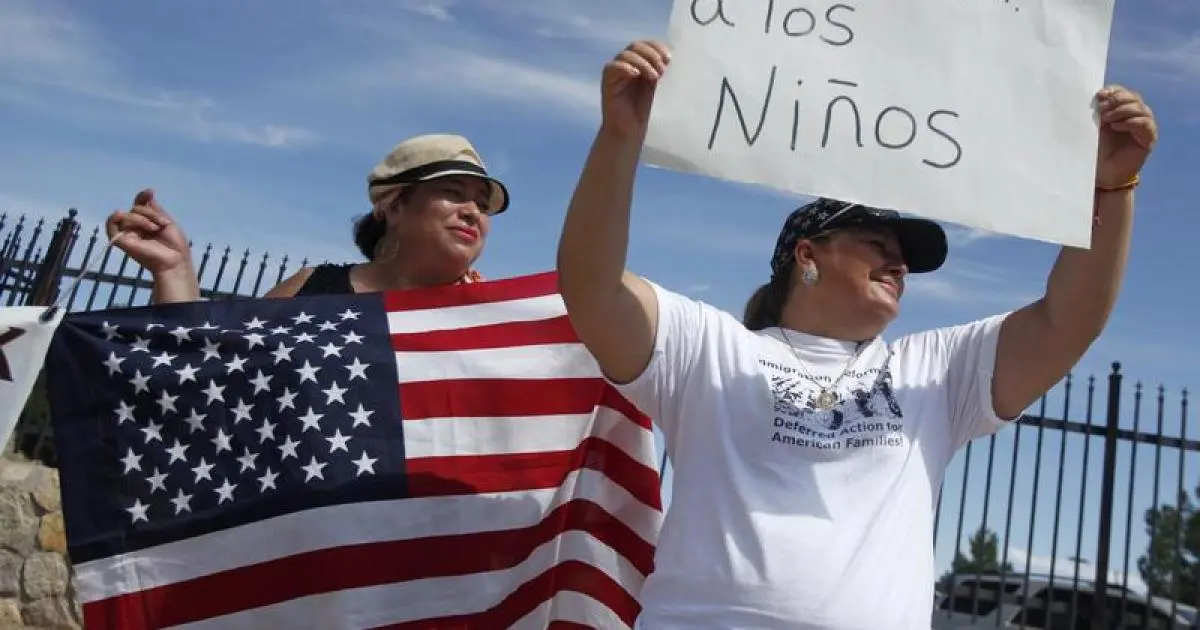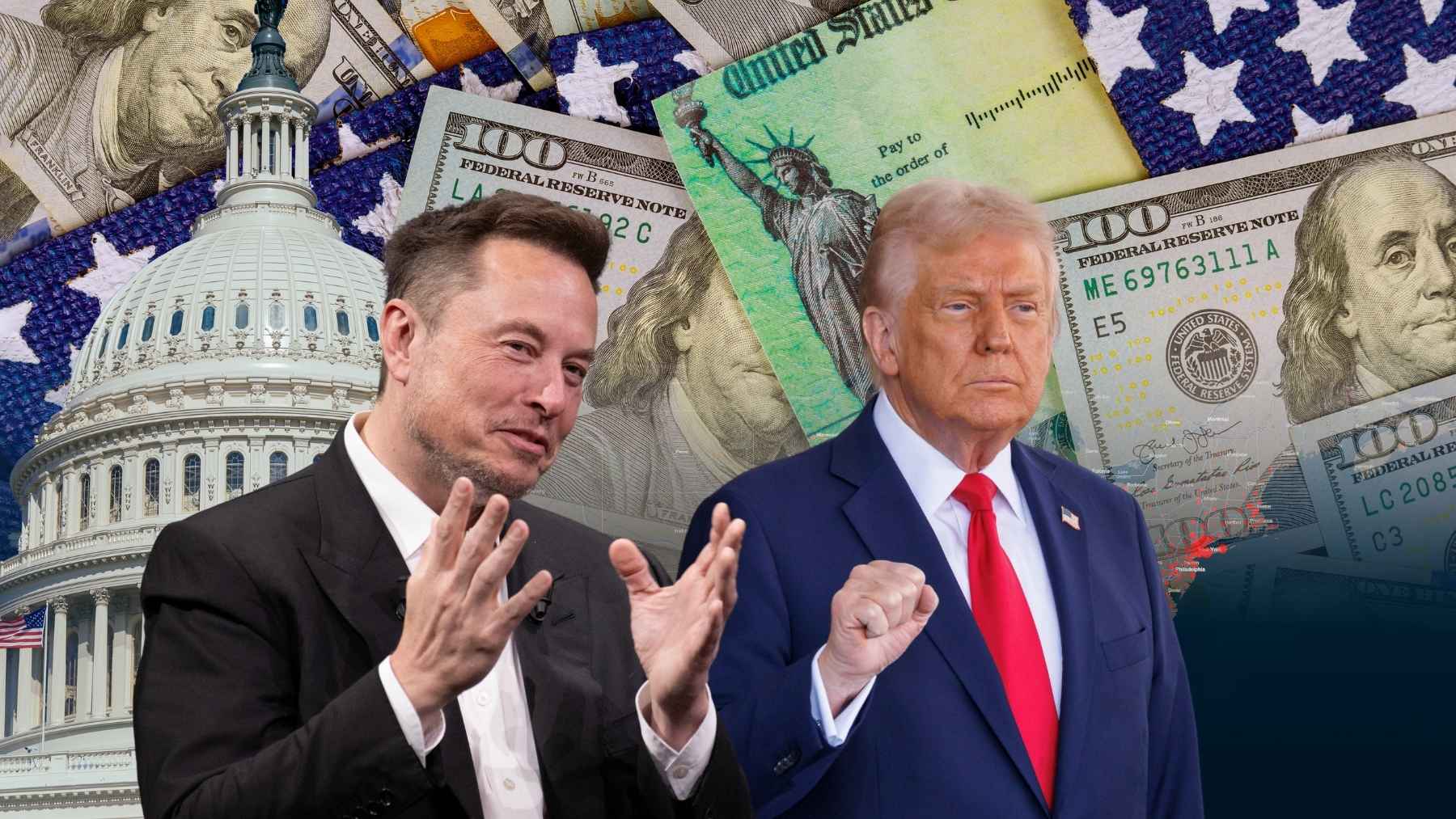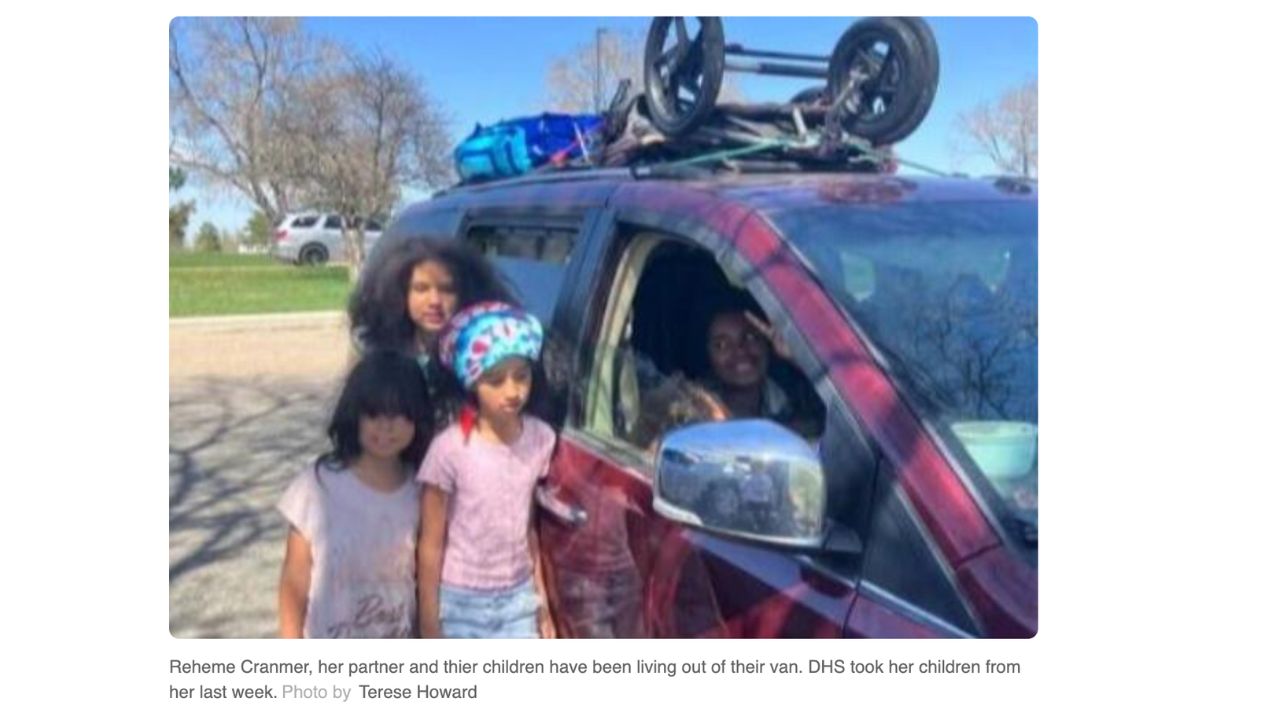Gaming giant GameStop has agreed to pay $4.5 million to resolve allegations that it improperly shared customer information with Facebook, marking another significant privacy settlement in the digital age. The agreement addresses claims that the retailer violated federal privacy laws by transmitting personal data without explicit customer consent.
The Heart of the Privacy Dispute
The controversy centers around GameStop’s alleged use of Facebook’s tracking technology on its e-commerce platform. According to the legal challenge brought by plaintiffs Alejandro Aldana and Scott Gallie, the company implemented Facebook Tracking Pixels that automatically transmitted customers’ personally identifiable information to the social media giant.
This practice allegedly occurred whenever customers made video game purchases through GameStop’s online store, creating a data-sharing arrangement that plaintiffs argue violated the Video Privacy Protection Act (VPPA). The VPPA, originally enacted in 1988, specifically prohibits the unauthorized disclosure of customer video rental and purchase records.
Understanding the Legal Framework
The Video Privacy Protection Act has evolved to cover digital video game purchases in the modern era. The law requires companies to obtain explicit consent before sharing information about customers’ video-related purchases, including digital games. The plaintiffs argued that GameStop’s automatic data transmission to Facebook through tracking pixels violated this requirement.
The case highlights the ongoing tension between digital marketing practices and privacy protection laws. Many retailers use similar tracking technologies to optimize advertising and understand customer behavior, but the VPPA creates specific restrictions when video content is involved.
Who Qualifies for Compensation
The settlement creates a specific framework for determining eligibility. Customers must meet two primary criteria to qualify for compensation under the agreement.
First, they must have purchased video games through GameStop’s website during the specified timeframe, which spans from August 18, 2020, through April 17, 2025. This extended period reflects the duration of the alleged privacy violations.
Second, eligible customers must maintain a public Facebook profile that displays the same name used during their GameStop purchases. This requirement serves as a verification mechanism to confirm the connection between the GameStop customer and the Facebook account that allegedly received their shared data.
Settlement Payment Structure
The compensation structure offers affected customers two distinct options for receiving their settlement benefits. Eligible participants can choose between a direct cash payment of up to $5 or a merchandise voucher worth approximately $10 for use on GameStop’s website.
The dual-option approach allows customers to select the form of compensation that best suits their preferences. Those seeking immediate monetary compensation can opt for the cash payment, while frequent GameStop customers might prefer the higher-value store credit option.
The total $4.5 million settlement fund will be distributed among all eligible claimants, with individual payments potentially varying based on the number of valid claims submitted.
How to Submit Your Claim
- Submit a claim on the official settlement website: gamestopvppasettlement.com
- The deadline to submit a claim is August 15, 2025.
- The submission form requires your full name, address, email, phone number, and proof of ownership of a Facebook account (either a link or a screenshot of your profile).
- If you received an email about the settlement, it may contain a unique ID to use for online submission. If not, you can complete a paper claim form.
GameStop’s Official Response
Despite agreeing to the substantial settlement, GameStop maintains that it did not violate any laws or regulations regarding customer privacy. The company’s position reflects a common approach in class-action settlements, where businesses resolve disputes without admitting wrongdoing.
In official statements, GameStop emphasized that the settlement decision was primarily driven by business considerations rather than legal liability. The company cited the desire to avoid the ongoing costs and uncertainties associated with prolonged litigation as key factors in reaching the agreement.
This stance allows GameStop to resolve the matter while preserving its reputation and avoiding the establishment of legal precedent that could impact future cases.
Broader Implications for Digital Privacy
The GameStop settlement represents part of a larger trend in privacy litigation targeting how companies handle customer data in the digital marketplace. Similar cases have emerged across various industries as consumers and regulators increase scrutiny of data-sharing practices.
The case particularly highlights the challenges retailers face in balancing marketing effectiveness with privacy compliance. Many businesses rely on tracking technologies to understand customer behavior and optimize their advertising strategies, but these practices must comply with various federal and state privacy laws.
The settlement also demonstrates the continuing relevance of older privacy laws like the VPPA in addressing modern digital practices. As technology evolves, courts and regulators are applying existing legal frameworks to new situations, creating ongoing compliance challenges for businesses.
Important Deadlines and Next Steps
Time is a critical factor for potentially eligible customers. The August 15 deadline for claim submissions is firm, and late applications will not be accepted under the settlement terms.
Customers uncertain about their eligibility should gather their purchase records and Facebook account information to determine if they qualify. The settlement website provides additional guidance and frequently asked questions to help customers navigate the claims process.
For those who qualify, the relatively simple claims process and multiple compensation options make participation accessible. However, customers should act promptly to ensure they don’t miss the deadline for this significant privacy settlement.
The GameStop case serves as a reminder of the ongoing importance of digital privacy rights and the potential financial consequences for companies that fail to properly protect customer information in an increasingly connected marketplace.
















Leave a Reply